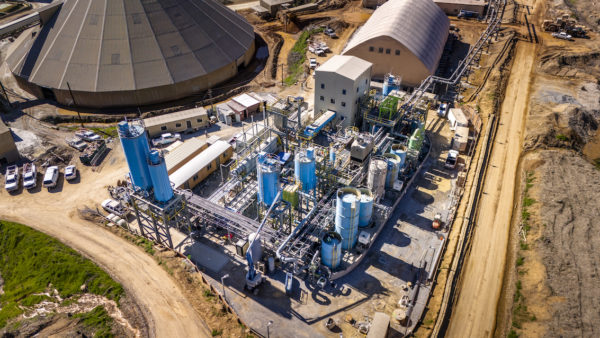The City of Melbourne has launched a new scheme where small and medium-sized companies get 100% financing for solar panels, which they pay back from savings on their electricity bills.
Two systems have so far been installed, with one company saying it expects to save around $7,300 (AU$9,000) a year.
Melbourne (pictured) wants 25% of the city’s electricity to be generated from renewable sources by 2018 as part of its Zero Net Emissions by 2020 strategy.
"Our mission is to help businesses overcome any last hurdles to going solar, so they can have panels installed and start getting both the environmental and financial benefits immediately without interrupting their cash flow," said Scott Bocskay, chief executive of the scheme’s organiser, the Sustainable Melbourne Fund (SMF).
"Panels cost 70% less than they did seven years ago, and power bills have risen significantly over the same period. As a result, solar can now put more cash in businesses pockets today," he added.
A kitchen hire company called Cooking Space is one of two businesses already signed up to the scheme, which launched 9 December.
It will install a 30kW system, about 15 times the size of the average Australian household solar array. Owner Eric Lim said he expects energy-bill savings of AU$9,000 a year.
"The savings on our power bills easily cover the repayments, so going solar had no negative impact on our cash flow. At the same time, we’re doing our bit for the environment," he said.
The other company, a fuel cell manufacturer, installed a 9.7kW system, which it expects to cut energy costs by 74%.
City officials think the potential of the scheme is huge.
"There are more than 1.5 square kilometres of roof space sitting above Melbourne businesses that could be turned into profit-generating panels for these medium and small enterprises," said Arron Wood, a city councillor in charge of environmental matters.










